At the July 18 meeting of European Agricultural Ministers the European Commission presented a new package of emergency measures to help European dairy farmers who have been suffering for the last two years from collapsing market prices.
In brief:
The Commission appears to have accepted the principle that the European market needs to be rebalanced by recalibrating supply so that it is more in line with demand. Nonetheless, the actual impact of this new package will largely depend on:
- the way the Commission implements the new measure to incentivise a voluntarily reduction in production, and in particular on the level that it sets for aid per tonne withdrawn from production;
- the Commission ensuring that measures that MS must notify to it under the conditional adjustment aid budget effectively contribute to the number one objective of this conditional measure, which is, as stressed by Commissioner Hogan, “to re-balance the market by freezing or reducing production”.
At the July 18 meeting of European Agricultural Ministers Commissioner Hogan presented a new package of measures to help the dairy sector to recover from the deepening crisis that has been engulfing it for almost 2 years now.
The measures recognise that recovery depends on re-balancing the European market, which in turn depends on reducing production. We agree with Commissioner Hogan, who stressed today that the “continuing increase in production … is simply not sustainable in the current market conditions”. This analysis is in line with the view defended by Farm Europe since 2015 and with the measures we have put forward in recent months.
The package presented by the Commission to the Council has three strands of action:
- a €150m plan to encourage a voluntary reduction in European milk production. Such a plan would certainly appear, in principle, to provide a response that is well-matched to the imbalances in the market. However, its success will depend on the rate of aid that the European Commission decides to provide per tonne withdrawn from production. To have a real impact – an impact that is absolutely vital after a year of crisis – the rate must offer a credible incentive, one that, in particular, persuades the most competitive producers (who have contributed the most to the increase in production) to voluntarily reduce their production. The aid must therefore be set above their marginal cost of production for a litre of milk. In parallel with the new €150m budget, the objective of a 1.8m tonne reduction has been mooted in recent days. These figures seem incompatible; the rate of aid they imply is unlikely to ensure the measure’s hoped-for effectiveness, and would not provide a credible incentive. In light of the announced budget, the most optimistic scenario for voluntary reductions would be a million tonnes, even including national contributions. Moreover, the effectiveness of the entire recovery package will depend on the conditional adjustment aid being fully consistent with the objective of reducing production.
- €350m of conditional adjustment aid, distributed in national allocations, calculated using the allocation method used by the Commission last autumn. This strand’s coherence and its ability to contribute to ending the current crisis will depend on the Commission ensuring that the measures put in place by MS apply conditions that guarantee the adjustment of supply and, thereby, a re-balancing of the market. The five themes for conditions put forward by the Commissioner under this strand (support for small farms, extensive production methods, environmental commitments, cooperation projects, quality schemes and training in financial instruments) will have to contribute to re-balancing the market by freezing or reducing production. For Commissioner Hogan, this is this strand’s number one objective. The specific measures that MS will set out under it must be notified to the Commission. It will therefore be incumbent on the Commission to ensure that such measures are consistent with the goal of adjusting supply. Under no circumstances should the Commission approve, under this strand, any measures that provide financial aid that allow or incentivise continued increases in production.
- The option for MS to decouple coupled payments to dairy farmers − who will continue to receive aid but with no obligation to maintain their initial herd size. This strand of the package of course aims to guarantee historic (coupled or decoupled) aid levels that support farmers’ incomes, even if they halt all or part of their dairy production. But it must also be analysed in terms of the collateral impact it could have, especially on the bovine meat industry. In some MS dairy farmers are already converting to bovine production. What impact will this arrival of new bovine producers have on existing producers given that the former will now be benefiting from ‘improved’ decoupled CAP aid of the same level of the coupled dairy aid they were receiving in 2016. The bovine meat sector is very fragile. Any new destabilising factor could plunge the sector deeper into a crisis that is now emerging due to the expected influx of cull animals from the dairy sector in the coming months.

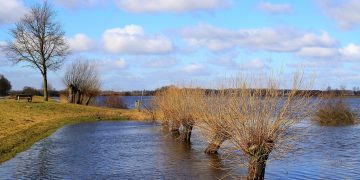
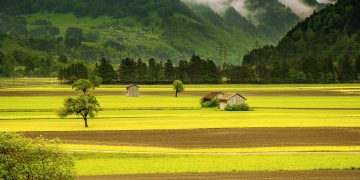
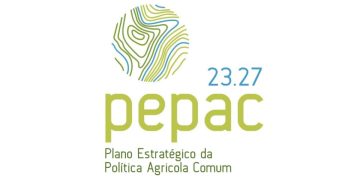
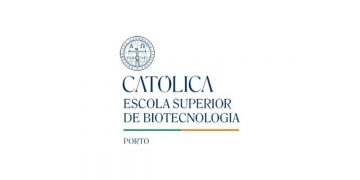
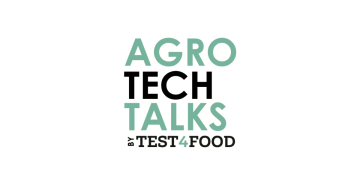













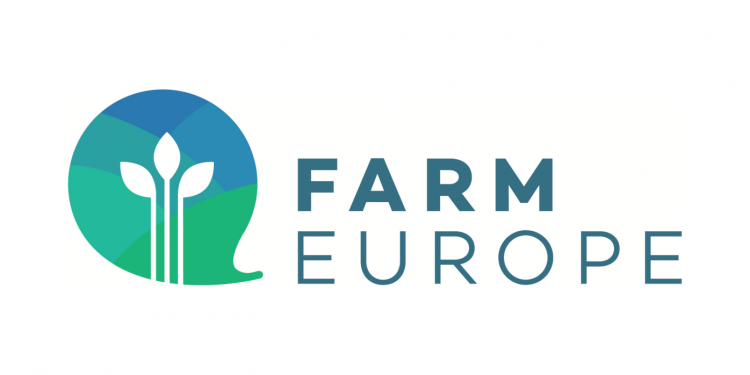


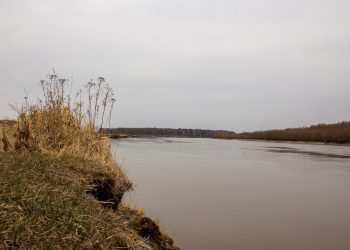
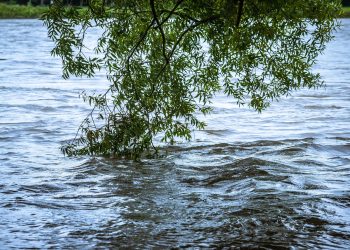

























Discussão sobre este post